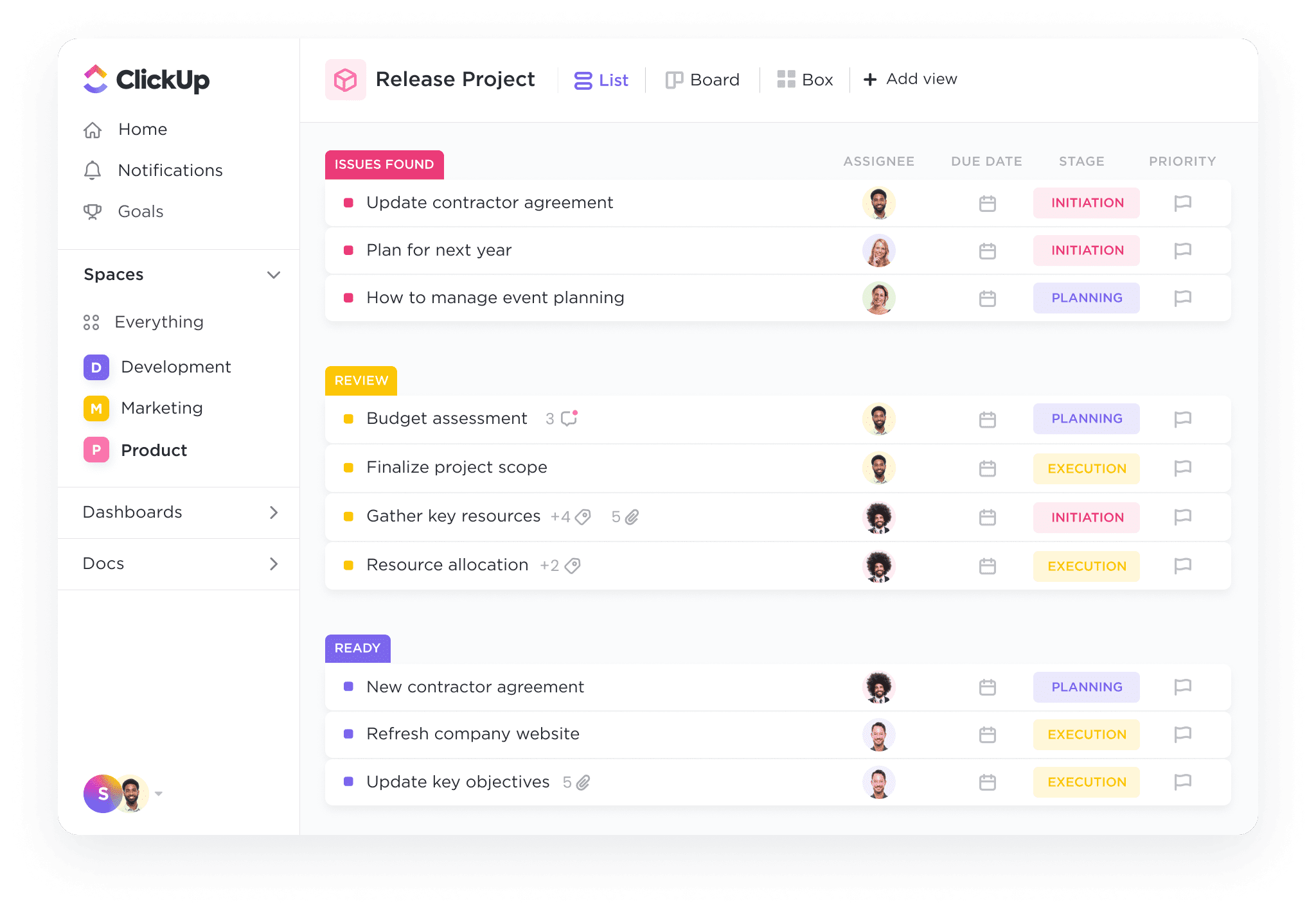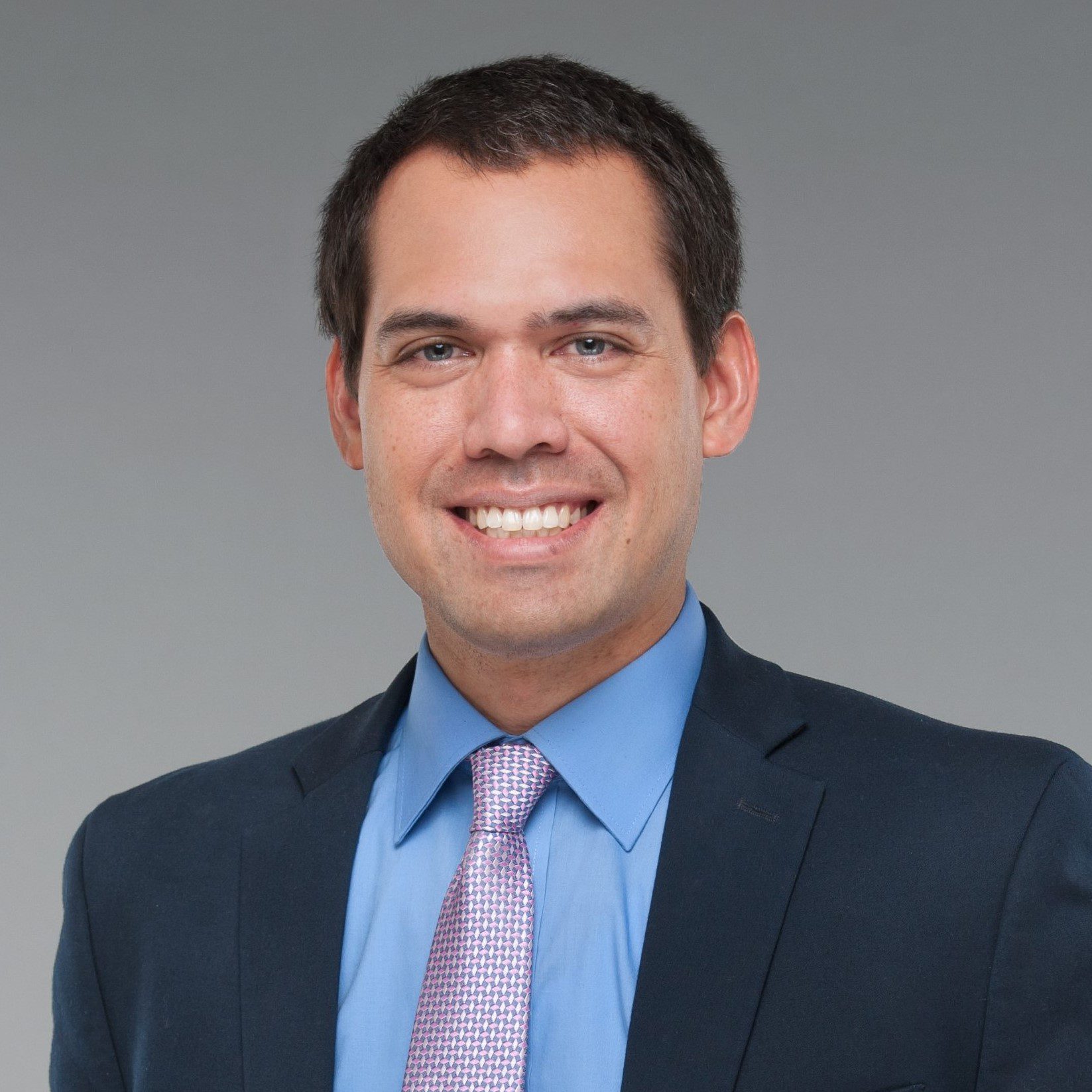
Summary: Nonprofits are asked to solve complicated problems with limited resources on a daily basis. Establishing (and sustaining 😉) smooth back-office operations frees up more time and resources for pursuing the organization’s mission . In this article, we’ll walk through three of our top tips for continuous improvement within a nonprofit’s business operations .
Define What is Working & What is Not
The first step towards improving business processes is taking a 20,000-foot view and looking around to see what’s working for you and what isn’t. For example, does the current organizational structure create role clarity within your nonprofit? Role clarity plays an outsized role in your employees’ quality of life an ultimately, in staff retention. If team members feel like they are not doing what they signed up for, are there better ways to define the roles needed to implement new programs and run more effective campaigns?
Nonprofit business process mapping is a visual representation of an org’s workflows, procedures, and operations. It can be a tedious, lengthy exercise — but completing it will give you a better grip on your current state and identify milestones on your roadmap for improvement.
Automation Tools for Nonprofits
Automations are a quick win for increasing efficiency. Whether you’re planning a conference, managing donors, or onboarding new volunteers — nonprofits can harness free automation tools to simplify or eliminate tedious and repetitive tasks that frustrate your team. Some of our favorite tools are:
- Hubspot: The free version of Hubspot can help you manage donors, volunteers, and potential donors all in one place. It can also help you automate pesky tasks such as document and contract creation.
- ClickUp: The free version of ClickUp can help you with campaign and event management by assigning tasks to your staff and capturing your team’s to-dos in one place. We have a case study on how to use the free version of ClickUp to manage a nonprofit mailing.
Set Objectives & Key Results to Build Momentum
How can you help your nonprofit set direction and drive operational improvement? Our recommendation is developing a process for defining, monitoring and reporting on objectives. We are evangelists for the Objectives & Key Results framework. So much so that we have an entire article dedicated to what it is and how we use it.
As a nonprofit, gathering your core team and deciding what you’d like to accomplish within a certain timeframe (your objective), reverse engineering the tasks you must complete to achieve that objective, and finally defining what success for this objective looks like (the key result). Facilitating this conversation will be extremely productive, enlightening, and motivating for your staff.
Planning is one thing, and execution is quite another. How do you keep your staff on track and accountable for each OKR (Objective + Key Result)? We already recommended implementing ClickUp for automation purposes and ClickUp also has a prebuilt OKR template. You can import that template into your ClickUp account, populate it with OKRs that your team finalized, and let ClickUp handle the task of reminding stakeholders about deadlines and what they need to complete. By tracking progress towards objectives in ClickUp (generally as Tasks), you’re building a trove of historical data to review and improve upon for your next round of objectives!
You’re Not Alone
If you’re a nonprofit leader reading this article and feeling overwhelmed — Tuck’s consultants are here to help. If your organization is under $500K per year in annual budget, we would love to have you apply for our pro bono services, where we can help you get ClickUp set up and maybe even run a few of your projects for free.

Alex Tuck
Founder & Managing Principal
Alex Tuck is the founder and managing principal of Tuck Consulting Group, a firm that specializes in project management consulting for small businesses. After several tenures at large and regional management consulting firms, Alex set out to create a firm that was focused on better client outcomes through diverse teams with less focus on profit realization rates. Through the pandemic, the firm has experienced 15x two-year growth, landing it at #12 on the 2022 Inc. Northeast Regional list and the Forbes Next 1000 list.
In addition to Tuck, Alex has served as a board member for several charitable organizations, including a microlending nonprofit he co-founded that operates in Central America. Alex runs his remote-first firm from a farm in Vermont where he lives with his wife and four children. Feel free to reach out to book some time with him.


